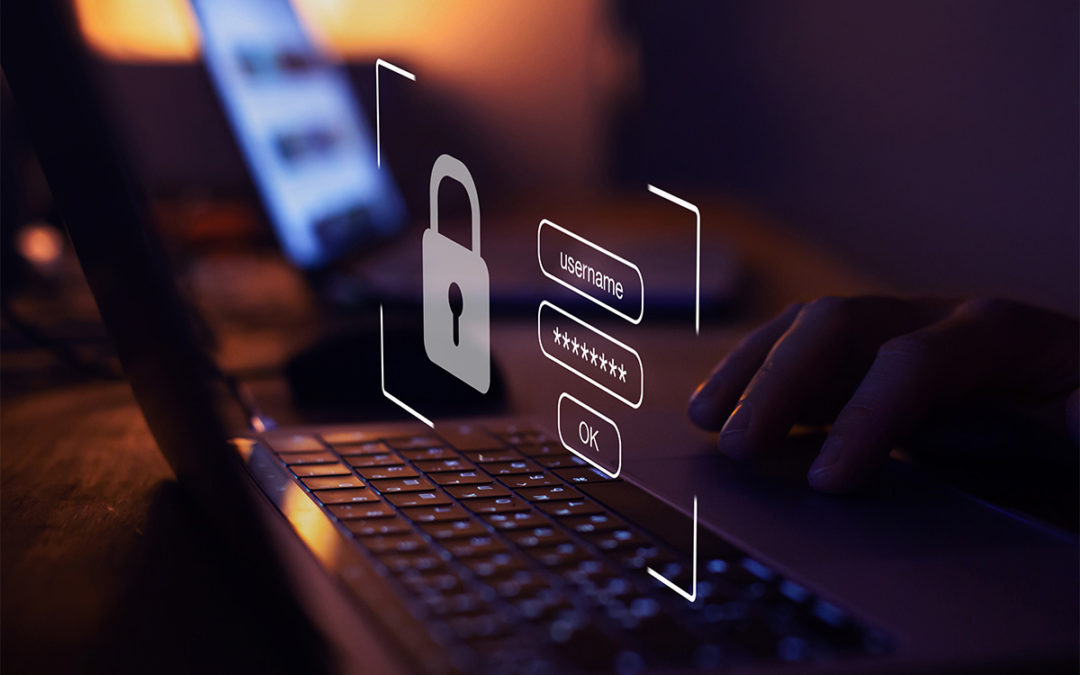Install and Update Antivirus Software
Most businesses will have ensured that they have installed and updated their computers with an antivirus. However, as more employees work from home, an antivirus needs to be installed and updated as soon as updates come out on all employee’s home computers, laptops and smartphones as well.
Backup Data and Plan for a Ransomware attack
A Backup plan in case of a Ransomware attack should always include a backup of data. Critical data should be backed up everyday to ensure that you can still continue operations as usual even if you experience a Ransomware attack.
Scan emails
Ensure that all emails are scanned and filtered before they reach your employees inboxes. This will minimise the risk of them clicking on a Ransomware link through an email.
Secure all Network Devices
All devices that are connected to your company network should be secured. This is especially important as employees work form home. All computers and laptops connecting to the company network should have an antivirus software installed and updated. All employees working from home should also be trained to look out for Ransomware links and suspicious emails. In terms of the company network, the number of administer accounts should be kept to a minimal.
Change Passwords
Default passwords should always be changed and unique passwords that have a strong combination should replace them. This is true for access to your computer and laptop, which should also be password protected in case they are stolen. Employees should keep passwords that they want to remember on password software so that they are kept secure.
Use MFA
The best way to secure all remote access points is to ensure that MFA (Multi-Factor Authentication) is used by all employees working from home. By using this authentication method you will ensure that cyber security attacks are minimised.
Employees should use VPN Encryption
Employees that are connecting from home should use VPN encryption when connecting to the company network. This is the most secure form of connections for remote teams working from home. Employees should use separate devices for work. A home computer for personal use is not recommended and can open up more avenues for cyber attacks if they are also used for work purposes.

